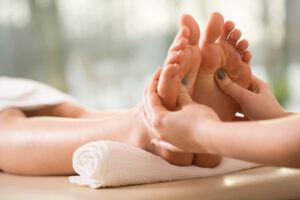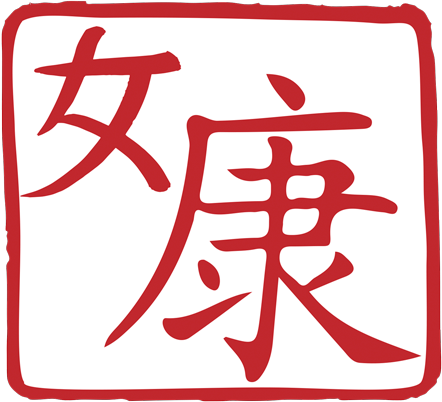Struggling to get consistently good sleep? Reflexology can help – Nicci Morris explains how

Difficulties with sleep have many root causes – the physical, such as changes in hormones through peri/menopause, pain, injury, and side effects of medication, or mental and emotional factors such as trauma, loss, stress and anxiety.
Increasingly, people are looking to complementary therapies for a more natural way to improve issues with sleep.
How can reflexology help?

- Promotes Relaxation: One of the key benefits of reflexology is its ability to promote deep relaxation. When the person feels calm and balanced, combined with a sense of relaxation, it encourages natural sleep rhythms to gently re-establish themselves. This is achieved by stimulating the nervous system, which in turn helps to reduce stress and tension throughout the body.
- Reduces Pain: Many people struggle with sleep problems due to chronic pain conditions. Reflexology can help to relieve and, in some cases, reduce pain, making it easier to fall and stay asleep.
- Improves Circulation: The feet contain a large number of blood vessels, and stimulating these through reflexology can help to improve circulation throughout the body. This can help to reduce overall inflammation and promote better sleep.
- Balances Hormones: Imbalances in hormones such as cortisol and melatonin can disrupt sleep patterns, but reflexology has been shown to help regulate these hormones and promote better sleep.
Evidence

- A study found both reflexology and acupuncture to be clinically relevant when it came to insomnia: ‘Acupuncture and Reflexology for Insomnia: A Feasibility Study’, Hughes, C.M., McCullough, C.A., Bradbury. I., Boyde, C., Hume. D., Yuan. J., Quinn. F. and McDonough, S.M., Acupuncture in Medicine, December 2009, Vol 27, No 4, pp163-68.
- A research project that looked into what reflexology does in improving sleep: ‘Reflexology and Polysomnography: Changes in Cerebral Wave Activity Induced by Reflexology Promote N1 and N2 Sleep Stages’ (2017) Esmel-Esmel, N., Tomás-Esmel, E., Tous-Andreu, M., Bové-Ribé, A. and Jiménez-Herrera, M., Complementary Therapies in Clinical Practice, August, Volume 28.
If you’re struggling with sleep problems, whether that be getting to sleep, staying asleep or restlessness during the night, with the help of reflexology, you may find your quality of sleep improves, in turn, helping you to enjoy better health and wellbeing.
For more information from Nicci on how reflexology could benefit you, or to book an appointment, call 0117 3771186 or email info@almavalecentre.co.uk


